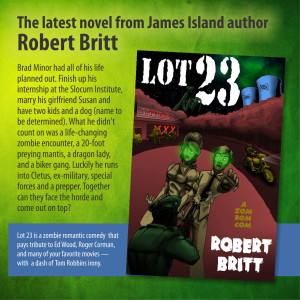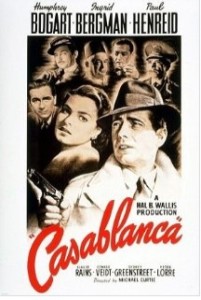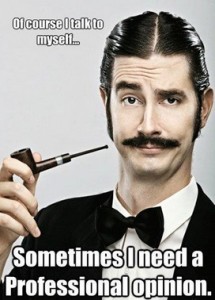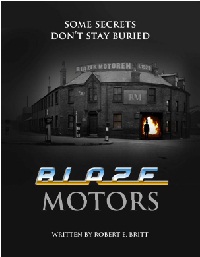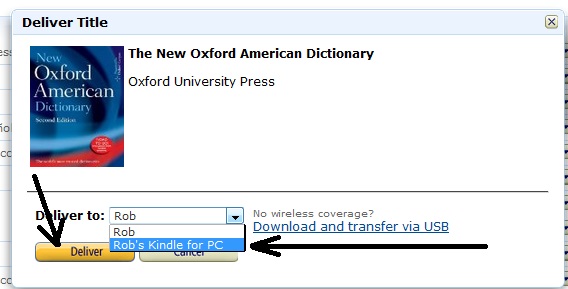One challenge that faces many writers is getting the job done. If you are like many other writers out there, hoping to move on to the “professional writers” group this is something you need to take to heart. So with no further ado here are three tips for writing success.
 Work on one thing at a time until it is finished. This should be a simple thing, but in today’s multi-tasking world it isn’t. This is especially true when you think about writing. We all get ideas and get very excited about them. ‘Caught up in the moment’ is a phrase that comes to mind.
Work on one thing at a time until it is finished. This should be a simple thing, but in today’s multi-tasking world it isn’t. This is especially true when you think about writing. We all get ideas and get very excited about them. ‘Caught up in the moment’ is a phrase that comes to mind.
When speaking of writing, new is exciting. New is that squirrel we end up chasing; that shiny light, the pot of gold at the end of the rainbow. Getting bogged down in sections of a long project (your latest book, screen-play or musical) can drive you to distraction. Distraction is a welcome relief, but doesn’t help you get to completion. Only drive and tenacity will get you to those final two words: the end.
Skipping ahead in a project is one way to stay on track without moving into a new project. You may have a transition section of your book that is proving elusive. You know the end game, but steps three, four and five are proving to be cumbersome.
Move on to section six. This is a sure way to distract yourself from the muck and mire, while still forging ahead towards completion. Just as you will often wake up at three in the morning with the name of that elusive song, or television show, you can distance yourself from a section of your book and suddenly the answer (and plot points) will jump into your conscious mind from your subconscious. An aha moment can be found more easily sometimes when you stop looking for it.
Point two – Start no new books or articles until the last thing is complete. This is a hard and fast rule, except when it isn’t. The exception comes down to income or marketing (which turns into income eventually.)
If an opportunity to make money from writing comes down the pike while you are still working a regular job – take it. This can lead to greater opportunities and/or getting your name out as a writer. Consignment jobs (ghost writing, article writing, co-authoring) can also help to build your confidence level as a writer and nothing drives people more than a looming deadline. ‘Get it done and move on.’
Finally point three – Don’t sweat the details on a first draft. So many people get caught up in getting it right that they never get it done. A fantastic writing exercise is ‘stream of consciousness’ writing. Put your pen to paper (or your fingers on the keyboard) and just write. If you can’t think of anything to write, write ‘I am having trouble writing because…’ and fill in the blanks. No one really has writer’s block ever. We just have a block towards certain writing. Plow your way through your writing and go back and edit. Get it done. Get out of your own way.
